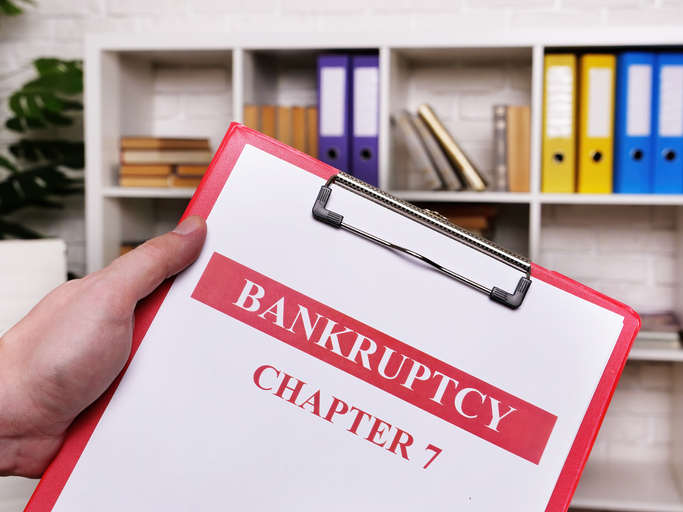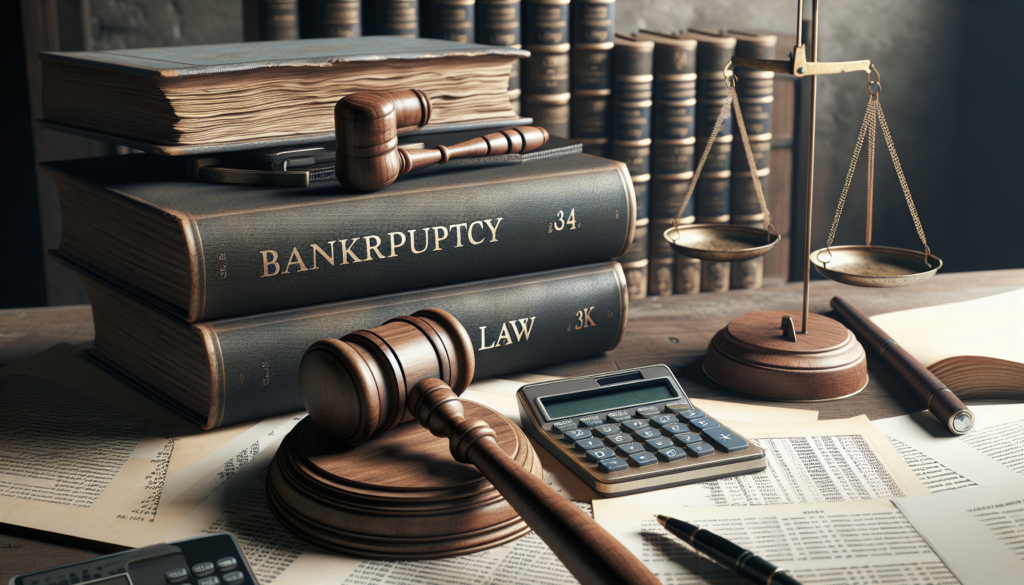Dealing with persistent creditor harassment can be an incredibly stressful experience, especially when you’re already struggling with financial difficulties. If you’re seeking a way to stop creditor harassment, understanding how filing for bankruptcy can serve as a powerful tool may provide the relief you need. This article explores the relationship between bankruptcy and creditor harassment, offering insights into how this legal process can help you regain your peace of mind and take control of your financial situation.
The Impact of Creditor Harassment
Creditor harassment can take many forms, from incessant phone calls and threatening letters to more aggressive tactics like wage garnishment or legal action. Such relentless pressure not only adds to your financial stress but can also affect your mental health, productivity, and overall quality of life. It’s crucial to know that you have legal rights and options available to stop creditor harassment and protect yourself from these invasive actions.
How Bankruptcy Provides a Shield
- The Automatic Stay: When you file for bankruptcy, an automatic stay immediately goes into effect. This legal provision halts creditors from making any direct contact with you or taking any collection actions against you. The automatic stay is one of the most immediate benefits of filing for bankruptcy, as it stops creditor harassment from the moment your bankruptcy petition is filed.
- Long-Term Relief Through Discharge: Beyond the immediate relief provided by the automatic stay, bankruptcy offers a long-term solution to stop creditor harassment through the discharge of debts. In a Chapter 7 bankruptcy, many of your unsecured debts can be completely discharged, meaning you’re no longer legally obligated to pay them, and creditors cannot pursue collection actions. In Chapter 13 bankruptcy, you’ll have a structured repayment plan, and upon completion, remaining unsecured debts are typically discharged.
- Legal Protections: Bankruptcy provides a structured legal framework to deal with debts, offering protections that go beyond stopping creditor harassment. Creditors must adhere to the bankruptcy court’s rules and procedures, and any attempt to violate the automatic stay or harass you during the process can result in serious penalties.
Preparing to File for Bankruptcy
To ensure that your bankruptcy filing effectively stops creditor harassment, it’s essential to:
- Gather Detailed Financial Information: Compile a comprehensive list of your debts, assets, income, and expenses. This information will be crucial for your bankruptcy filing and will help your attorney develop a strategy that best suits your situation.
- Consult with a Bankruptcy Attorney: An experienced bankruptcy attorney can provide invaluable guidance on how to stop creditor harassment through bankruptcy. They can help you understand your rights, choose the appropriate chapter to file under, and navigate the legal process.
- Understand Your Rights: Familiarize yourself with the Fair Debt Collection Practices Act (FDCPA) and other consumer protection laws. Knowing your rights can empower you to deal with creditors more effectively and recognize when they are overstepping their bounds.
Filing for bankruptcy can offer a powerful means to stop creditor harassment, providing you with the breathing room needed to reorganize your finances without the added pressure of relentless collection efforts. By taking advantage of the legal protections bankruptcy offers, you can focus on building a more stable financial future. If you’re struggling with creditor harassment, consider speaking with a bankruptcy attorney to explore how filing for bankruptcy could be the right step toward regaining your peace and financial independence.





Get a Free Bankruptcy Case Evaluation